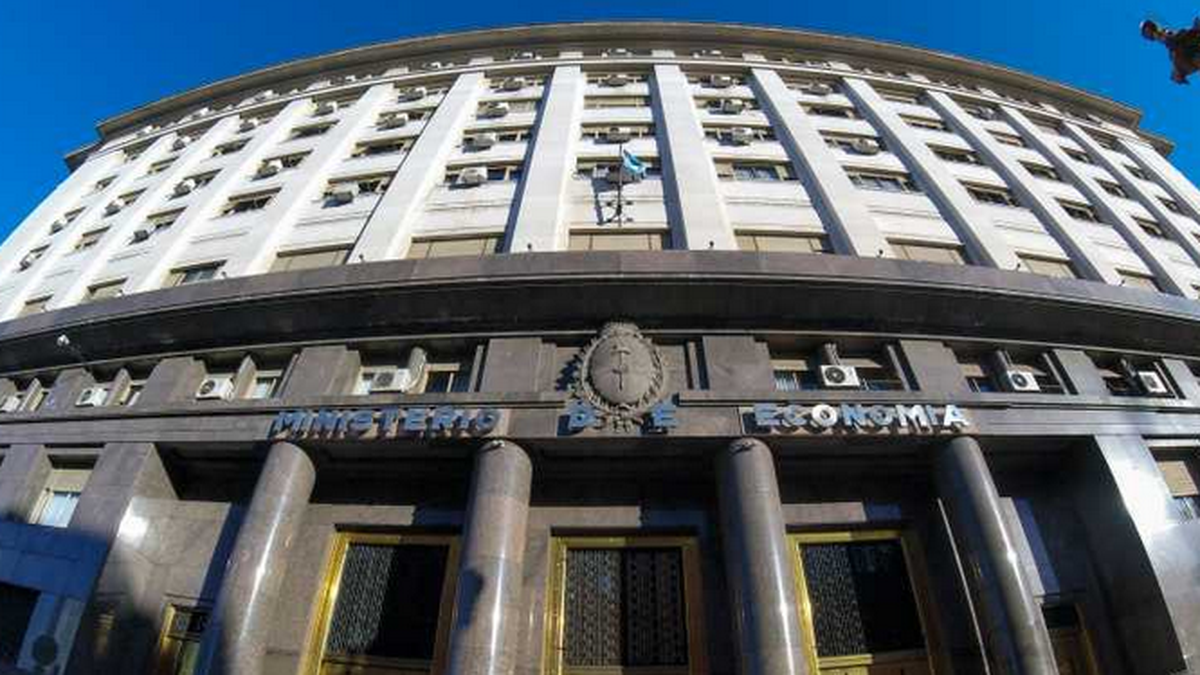For the Ministry of Economy another challenging month begins in terms of debt in pesos. In April maturities exceed one trillion and almost 90% of them are in private hands. Despite the fact that the March debt swap managed to decompress the scenario for the second quarter quite a bit, the reality is that there are still important commitments ahead.
According to private estimates, this month there are maturities for $1.1 trillion. The first is 19 for $187,700 million, which correspond mostly to a Lecer. For the second call, there will be a Bonte and a linked dollar letter, as stronger commitments.
About, the Palacio de Hacienda received a warning from the deputy director of the International Monetary Fund (IMF), Gita Gopinathafter the agency approved last week a disbursement of US$5.4 billion corresponding to the last disbursement of 2022, after deeming the goals of reserve accumulation and fiscal deficit fulfilled.
“On the domestic financing front, prudent efforts will be needed to mitigate near-term refinancing risks. and mobilize net financing, while limiting the buildup of vulnerabilities and protecting debt sustainability,” Gopinath warned.
ANDhe Washington-based multilateral organization drew attention to the operations carried out by the Central Bank in the secondary marketwhose objective is to sustain the bond curve in pesos, to avoid a collapse in prices and the generation of a run, as occurred in June 2022.
The IMF pointed out that “Central Bank interventions in secondary bond markets they should be limited to addressing financial stability risks.”
Meanwhile, hehe exposure of Argentine banks to State risk is increasing and has reached the highest levels. recently the rater Moody’s downgraded the outlook for the Argentine banking system from “stable” to “negative”. “This change reflects the deterioration of operating conditions,” the agency explained. which maintains that the drought will not only generate a drop in tax collection and foreign currency income, but also “will have a negative impact at the transactional level.”
The agency focuses on the holdings of Treasury and Central Bank debt by banks, exposing them to increasingly compromising financial conditions.
As explained by GMA Capital in its latest report “with regard to Treasury debt, by 2019 this willaveraged 6.5% of the banks’ assets, a proportion that rose to 12% in relation to private deposits”.
“According to the latest data available, corresponding as of January 2023, sovereign debt represents 10.5% of assets and 17% of deposits”, indicated the consultant. GMA Capital maintains that “although the banking system has considerable capital reserves and high liquidity indicators, exposure to the public sector is a “but” to consider in the face of an electoral trade.”
Source: Ambito




